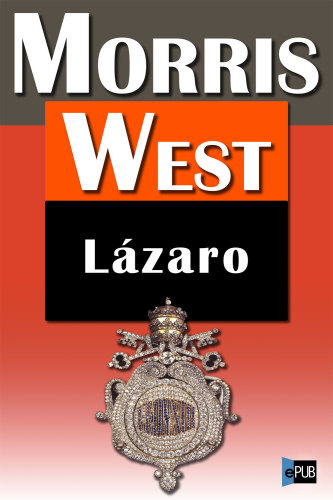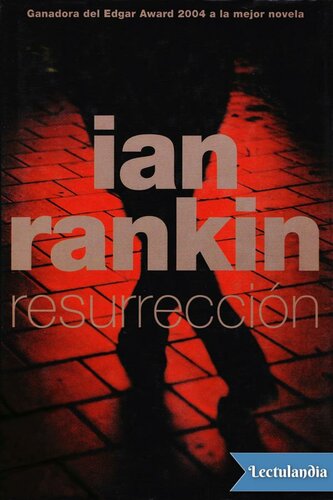oleebook.com
La guerra de Troya de Clarke, Lindsay
de Clarke, Lindsay - Género: Ficcion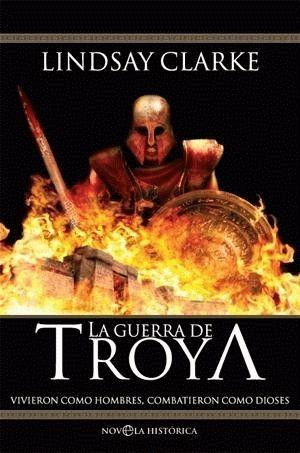
Sinopsis
«En aquellos tiempos, el reino de los dioses estaba más cerca del mundo de los hombres, y los dioses solían dejarse ver entre nosotros, manifestándose a veces como tales, otras en forma humana y aun otras en forma de animal. También la gente que vivía por entonces estaba más cerca de los dioses que nosotros, y las grandes gestas y maravillas eran mucho más corrientes, por lo que sus historias son más nobles y ricas que las nuestras. Para que no desaparezcan de la faz de la tierra, he decidido poner por escrito todas las historias que he oído de la guerra en Troya: de cómo empezó, cómo se libró y cómo se terminó». Con estas palabras de Femio, bardo de Ítaca y amigo de Odiseo, se abre esta arrolladora novela de Lindsay Clarke sobre los mitos y las leyendas que surgieron de la guerra librada por la ciudad de Troya en la Edad de Bronce y que siempre han cautivado la imaginación del mundo.
Descargar
Descargar La guerra de Troya ePub GratisLibros Recomendados - Relacionados
Reseñas Varias sobre este libro
If you have ever read Homer's Iliad, this book will seem really familiar to you. If you haven't, you'll never know that this is basically a retelling of Homer's great epic. The difference between Homer and Clarke, though, is that you'll find Clarke much easier to read if you found Homer impossible.
I've read Homer's version and loved it. I'm a fan of the Greek myths and tragedies. I can say with all honesty that Clarke's version of the story of Troy is wonderfully written, but some might take issue with it if they are more particular about details. This is a fiction book, not a historical account. For anyone familiar with archaeology and history, please keep that in mind as you read this tale. It makes it much more enjoyable.
As for how faithful it is to the Iliad, Clarke used several reliable sources and account for his version of the retelling. Armed with these sources, Clarke writes a compelling novel in modern day English that everyone should find enjoyable and easy to read.
As a side note: I've yet to even look for confirmation of this, but several people have told me that the war of Troy didn't happen because Troy doesn't exist. Whether you are a proponent for this or not, you'll still find this book an enjoyable work of fiction. classics fiction for-fun ...more10 s MelodyAuthor 17 books6
I will never get tired of the Trojan War. It's one of the world's oldest stories and it offers everything - love, war, sacrifice, pain, loss, triumph. There is a reason why it's survived nearly 3000 years and why so many authors choose to retell it. I'm on a quest to read as many versions of the epic as I can. This quest began years ago when I took a University course about Homer's Odyssey and only grew stronger when I devoted the Major Research Paper (MRP) of my Master's Degree to studying the Odyssey. Unfortunately, my journey has been full of disappointment and frustration. A lot of the retellings are either completely inaccurate, spend too much time on self-insert characters, or turn everyone into terrible, unable people. Then I found Lindsay Clarke's Troy.
The War at Troy and its sequel, The Return from Troy, (which I read out of order), managed to satisfy the balance between accuracy and good story telling that I've been craving in a modern version of the epic. The changes are subtle and stay true to Homer's version; some scenes are close mirrors of their Iliadic counterparts, and this may seem to some to be a lack of originality, but Clarke brings a depth of description and characterization that displays true talent. My only real complaint is that the first book could have been longer. His style worked wonderfully with in the Return, but a lot of this first book is more of a summary of the story than actually living it. However, even with a large cast of characters - many of whom do get short shrift - Clarke manages to give the sense that all of them are the heroes of their own tales.
Clarke approaches the tale from the side of the Greeks. With the exception of Paris, and to a lesser extent, Priam, Deiphobus and Hector, the Trojans are underdeveloped and the focus is on the heroes, Agamemnon, Odysseus, Achilles, Menelaus, and of course, Helen. Not one of his main characters is presented as wholly evil or wholly good. Even Agamemnon and Paris, two heroes that I have always struggled to sympathize with, have complex motivations and loyalties. Clarke does not shy away from the darker elements of the story and includes the tale of Iphigenia and even the tragic story of Ajax the Greater. I appreciate it when the stories aren't dumbed down because the material is too dark.
The most fascinating aspect of this book for me, though, was the love triangle of Helen, Menelaus, and Paris. Modern audiences are captivated by the love between Helen and Paris and I have yet to read a version where he abducts her against her will. Clarke's is no exception in this regard. However, he chooses not to demonize Menelaus or cast the Paris/Helen romance as unending, true love. Before Paris comes, Helen loves Menelaus and is content in her marriage to him; what they lack in passion, they make up for in friendship and kindness. Paris comes and the two of them fall into a deep infatuation that drives them both to betray Menelaus' trust and spark the ten year combat that kills so many. This part isn't so unusual, but what Clarke did was show how their "love" could not survive such hardship and by the end of the story, they have grown to despise each other. It's far more realistic and devastating this way, and harkens back to the epic tradition. In the Iliad, Helen has grown weary of Paris and longs to return to her old home and way of life.
If you have the patience to read epic poetry, then by all means, of course read the originals (I recommend the Stanley Lombardo version), but if you just want to experience the overall story and find the Homeric version confusing, then read Lindsay Clarke's Troy.5 s RebeccaAuthor 14 books61
I often think about this book, years after reading it. It's very good. Thank you Kenci for giving it to me!historical-fiction mythic-fiction4 s Erikhart Hart19 2
Whew. How long was I slogging through that one...
This is a better book than the time I could devote to it. Lacking a full classical appreciation for "The Iliad", the web of relationships between kings and gods left me searching Wikipedia to find out who was who...
..but when the action or the drama was ripe, it was a good read indeed. Unfortunately, much of those episodes were few and far between.
If you are already well read on the battle of Troy, and are interested in a novel approach (hey, check that pun out!) to it's telling, pick this one up. Just be sure to push through the dry parts.2 s Marcelis16 12
I found this to be a clever retelling of Homer's epic. Essentially, it takes the supernatural components out of the story, grounding the characters in a more modern understanding of reality. The language is also much easier to read, though in no way 'better'.
For people who don't have the patience to read The Iliad, this book will tell you the story for half the brain-price. Unfortunately, you also get what you pay for. There is beauty in the way The Iliad reads, that this, or any other adaptation, will never equal. Why have Brad Pitt when you can have Achilles?
Actually, it's best not to answer that question... 2 s Amarissa Cale18 31
I truly enjoyed reading this book, as I do any that revolve around the Trojan War. Trouble is, having read over a dozen translations of Homer's Iliad, it left me a little disappointed .. only in the retelling. The writing is very fluid. It is well written, but for any Homer lover, it may fall slightly below expectations. 2 s Carla551 83
3,5
Gostei do livro, mas sou parcial uma vez que gosto de mitologia clássica e cada vez tenho mais interesse nesta história em particular. Acho que o autor faz um muito bom exercício ao tentar juntar os diversos mitos e personagens, dando-me mesmo a conhecer algumas de que nunca tinha ouvido falar, como Palamedes, contudo a exploração destas fica um pouco pela rama, talvez com a exceção de Odisseu, o que até faz algum sentido sendo que esta versão é contada por um bardo de Ítaca.2023 own portuguese1 Julia Lewis4
Well, I think this should be on the National Curriculum - the inevitable scenes of violence make that unly tho'
Autor del comentario:
=================================
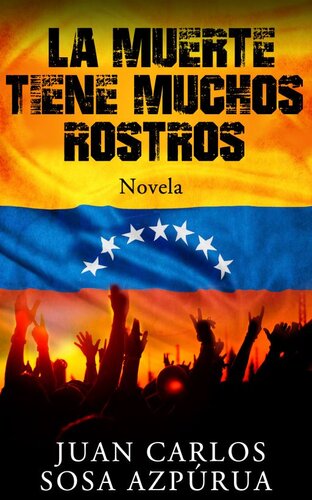

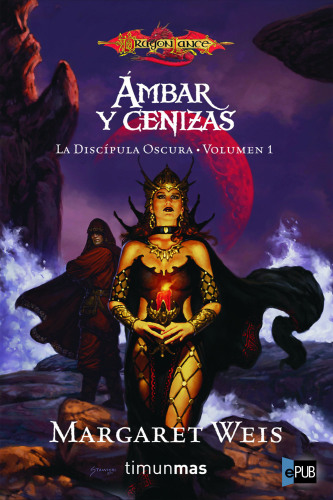
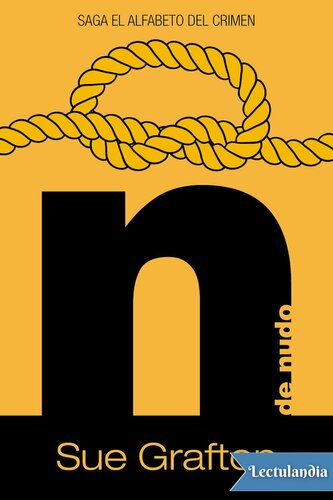
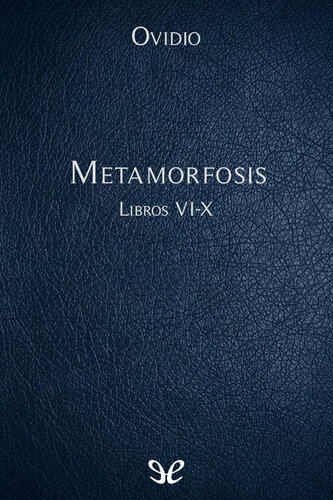
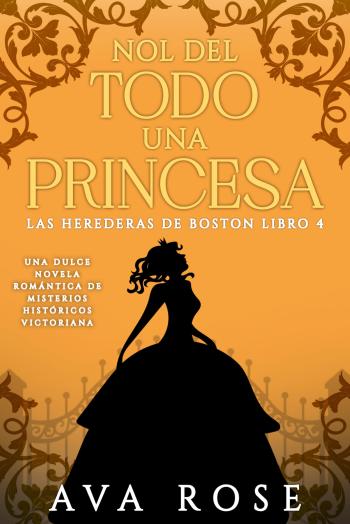
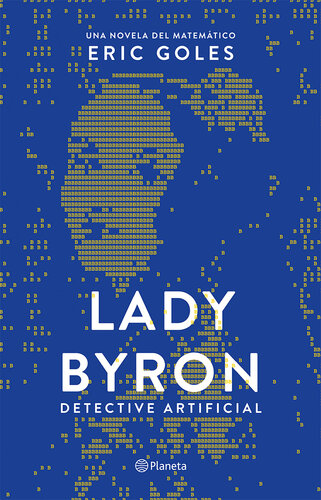

.jpg)


